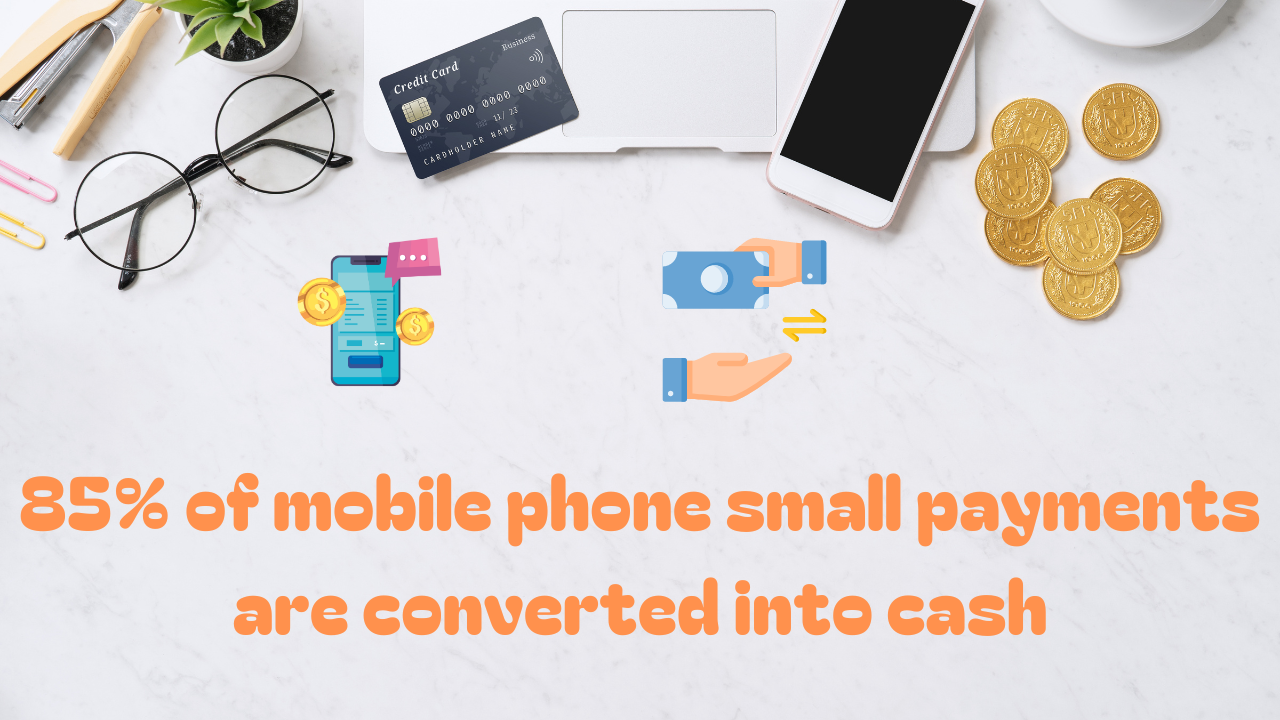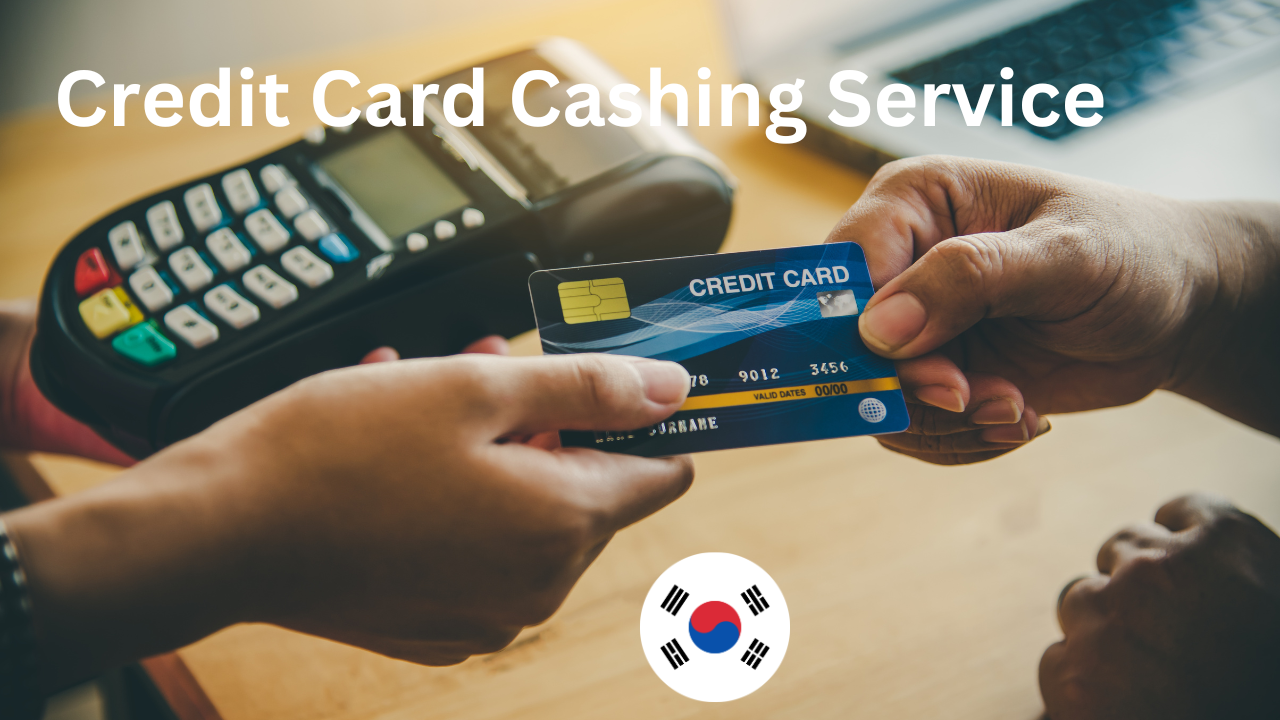Introduction
In today’s digital age, e-commerce has become an integral part of our lives. As more people shift to online shopping, the need for secure and efficient payment methods is paramount. Crypto payment, powered by blockchain technology, has emerged as a game-changer in the world of e-commerce. In this article, we will explore the various aspects of crypto payment in e-commerce, shedding light on its advantages, working mechanisms, and potential challenges.
The Rise of Crypto Payment in E-Commerce
Understanding Crypto Payment
Crypto payment refers to the use of digital currencies, such as Bitcoin, Ethereum, or Litecoin, to facilitate online transactions. Unlike traditional payment methods, crypto payments rely on decentralized blockchain technology, ensuring transparency, security, and anonymity. As a result, consumers and businesses are increasingly turning to cryptocurrencies as a reliable alternative to conventional payment options.
Benefits of Crypto Payment in E-Commerce
1. Enhanced Security and Fraud Protection
One of the key advantages of crypto payment is the robust security it offers. Blockchain technology encrypts transactions, making them virtually immune to fraud and hacking attempts. Unlike credit card payments, where sensitive information is exposed, crypto transactions are pseudonymous, ensuring the protection of user data.
2. Global Accessibility and Speed
Crypto payment eliminates geographical barriers, allowing businesses to cater to a global customer base. Transactions are processed quickly, reducing the settlement time significantly compared to traditional banking methods. This real-time processing enhances the overall shopping experience for consumers.
3. Lower Transaction Fees
In e-commerce, merchants often bear the brunt of high transaction fees imposed by payment gateways. With crypto payment, these fees are significantly lower, resulting in cost savings for both consumers and businesses. This advantage is particularly beneficial for small businesses and startups operating on tight budgets.
How Crypto Payment Works in E-Commerce
1. Cryptocurrency Wallets
To conduct crypto transactions, users need a digital wallet to store their cryptocurrencies securely. There are various types of wallets, including web-based, hardware, software, and mobile wallets, each offering different levels of security and accessibility.
2. Payment Gateways
E-commerce platforms integrate with payment gateways that support crypto payment. These gateways act as intermediaries between the buyer, the seller, and the blockchain network. They convert the selected cryptocurrency into fiat currency at the time of purchase, ensuring a smooth and seamless transaction.
3. Smart Contracts
Smart contracts are self-executing contracts with the terms of the agreement directly written into code. In e-commerce, smart contracts streamline the purchasing process by automatically executing the transaction once predefined conditions are met, eliminating the need for intermediaries and potential disputes.
Crypto Payment vs. Traditional Payment Methods: A Comparison
To better understand the advantages of crypto payment, let’s compare it to traditional payment methods commonly used in e-commerce.
| Aspect | Crypto Payment | Traditional Payment Methods |
|---|---|---|
| Security | High | Variable |
| Speed of Transactions | Instant | 1-5 Business Days |
| Global Accessibility | High | Limited to Supported Regions |
| Transaction Fees | Low | High |
| Anonymity | High | Low |
The Challenges and Future of Crypto Payment in E-Commerce
While crypto payment has numerous benefits, it also faces some challenges.
1. Volatility of Cryptocurrencies
The value of cryptocurrencies can be highly volatile, leading to price fluctuations that might deter some consumers and merchants from using them as a stable means of payment.
2. Regulatory Uncertainty
The evolving regulatory landscape surrounding cryptocurrencies creates uncertainty for businesses and consumers. Clarity and consistent regulations are necessary for wider adoption.
3. User Education
Many consumers and businesses are still unfamiliar with how crypto payment works, leading to hesitancy in embracing this new technology.
Despite these challenges, the future of ecomerce looks promising. As blockchain technology continues to evolve, it is likely to overcome these hurdles, making crypto payment more accessible and widely accepted.
Conclusion
Crypto payment is ushering in a new era of secure and efficient e-commerce transactions. With its enhanced security, global accessibility, and lower transaction fees, cryptocurrencies are reshaping the way we shop online. As technology continues to advance and user awareness grows, we can expect crypto payment to become an integral part of the e-commerce landscape.
FAQs (Frequently Asked Questions)
- Is crypto payment safe for e-commerce transactions? Absolutely! Crypto payment utilizes blockchain technology, providing a high level of security and protection against fraud.
- What cryptocurrencies are commonly used for e-commerce purchases? Bitcoin, Ethereum, and Litecoin are among the most commonly used cryptocurrencies for e-commerce transactions.
- Can I use crypto payment on any e-commerce platform? While many e-commerce platforms now support crypto payment, it’s essential to check if your preferred platform offers this option.
- Are crypto transactions anonymous? Crypto transactions are pseudonymous, meaning they don’t reveal personal information. However, they are still traceable on the blockchain.
- How long does a crypto transaction take to process? Crypto transactions are usually processed instantly or within a few minutes, depending on the blockchain’s network congestion.














